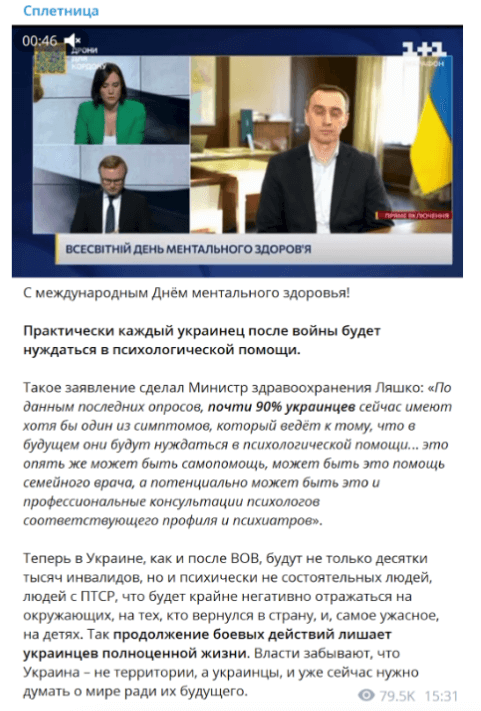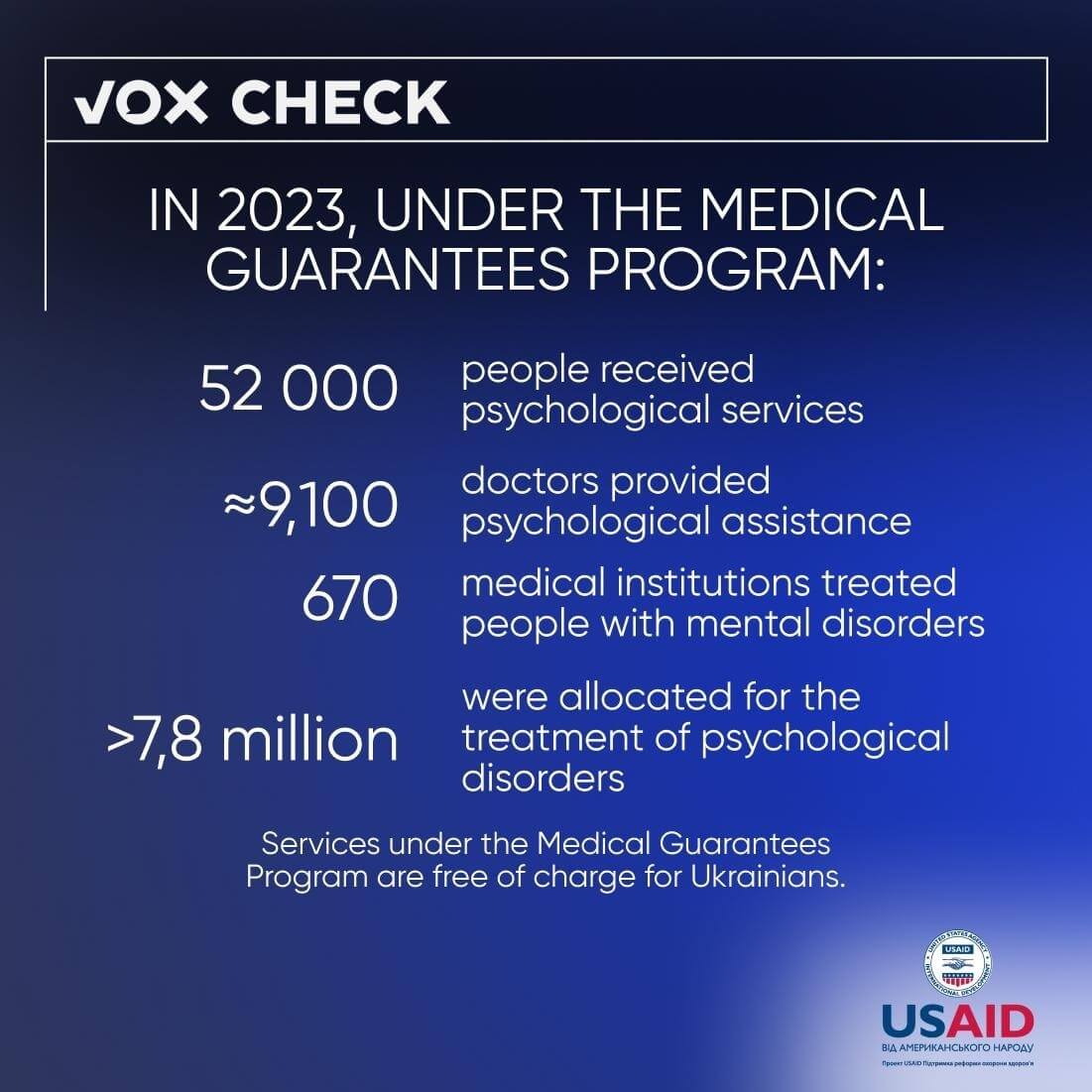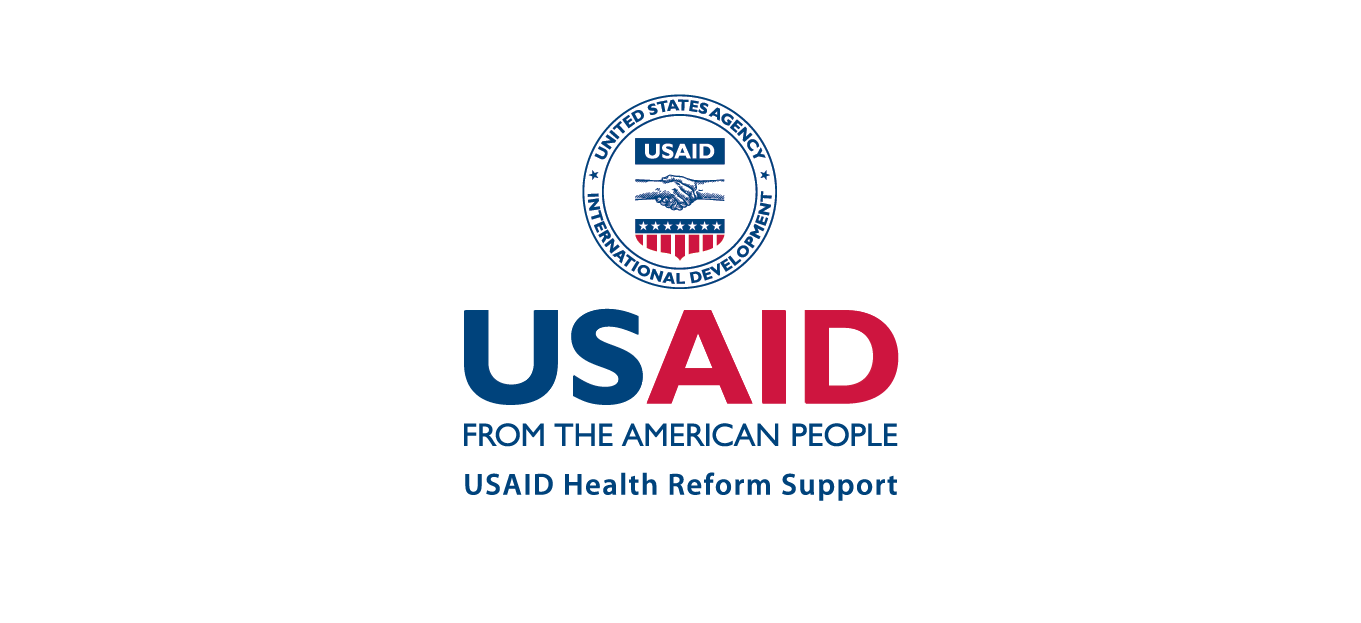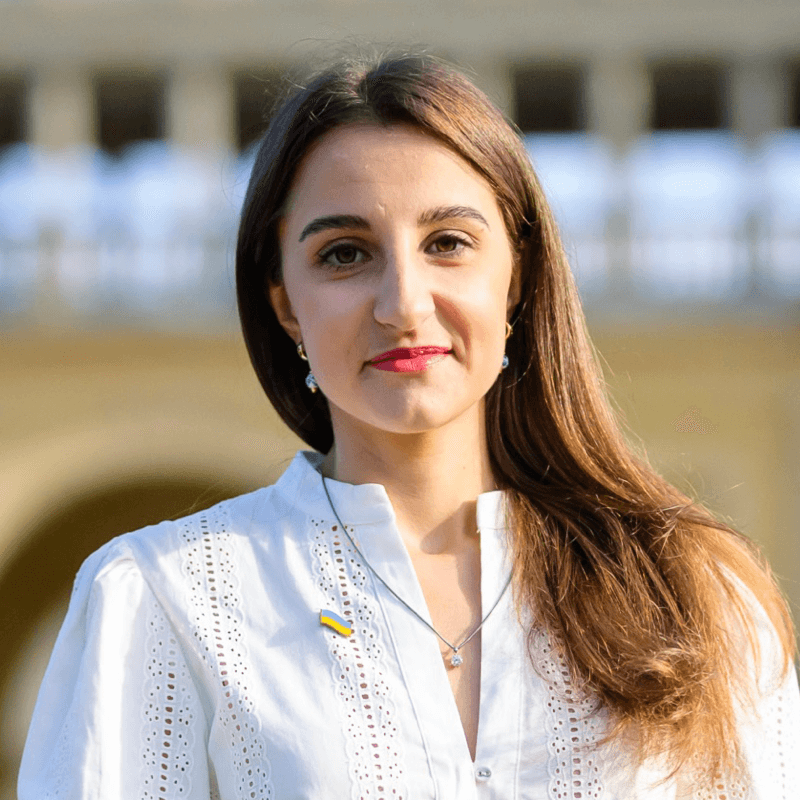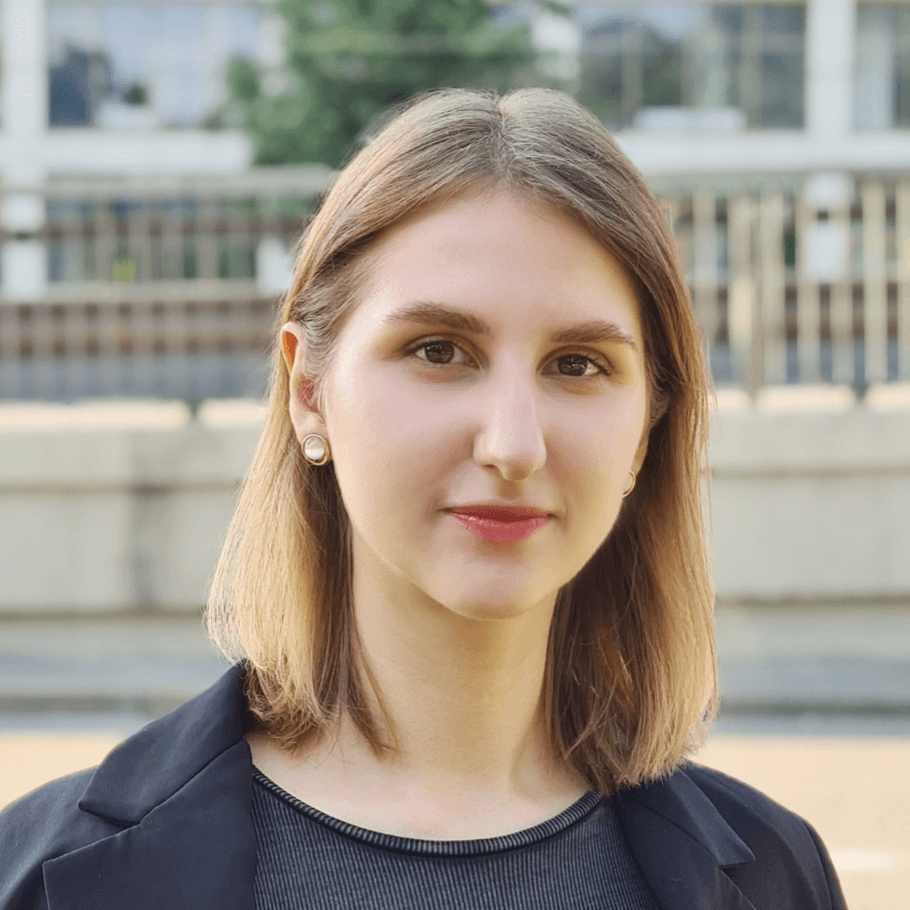In this issue, we debunked the fake that Ukrainians allegedly have mental health problems due to the ongoing conflict with Russia, as the Ukrainian government continues military actions and refuses “peace”. The second case concerned a draft law regarding the legalization of medical cannabis, which the Health Committee recommended for approval in the second reading. Of course, this news couldn’t go unnoticed by Russian sources, which once again spread the idea that the draft law lacks a mechanism for controlling the circulation of cannabis-based drugs. Therefore, according to the authors of the post, the adoption of the document will lead to negative consequences.
With the support of the USAID Health Reform Support project, VoxCheck analyzes and refutes public health narratives spread in the information space of Ukraine, Belarus, and russia on a weekly basis.
Disinformation: Ukrainians suffer from psychological problems because the state continues the war with Russia
Russian Telegram channels are spreading a statement by the Minister of Health, Viktor Liashko, that 90% of Ukrainians will need psychological assistance due to the war. Propagandists emphasize that the government allegedly does not care about the people and refuses “peace” with Russia, which would “save” Ukrainians from mental health issues.
Screenshot of the post
What’s the reality?
Viktor Liashko indeed stated that at least 90% of Ukrainians have at least one symptom indicating that they will need psychological assistance. However, as usual, the Russians twist his words to fit their narrative and accuse the Ukrainian government of refusing to “make peace” with Russia.
In reality, it is the Russians themselves who terrorize the population of Ukraine with constant shelling, threats to blow up strategic objects, and leaving people without access to critical infrastructure. The World Health Organization reports that one in five individuals who have experienced war in the past 10 years will suffer from conditions like depression, anxiety, post-traumatic stress disorder, and so on. According to WHO estimates, about 9.6 million Ukrainians may face psychological disorders.
The consequences of Russian war crimes directly impact Ukrainians. For instance, displacement between cities or across borders, spending time in bomb shelters, and separation from loved ones can lead to depression, insomnia, and other stress-related disorders. Additionally, the Russian military targets critical infrastructure, causing stress and anxiety among the population.
People in temporarily occupied areas also suffer from the actions of Russia. For example, in the occupied cities of Kherson and Zaporizhzhia regions, the Russians intentionally intimidate residents who depend on social benefits, such as pensioners or people with disabilities. They threatened Ukrainians with the suspension of payments if they did not participate in their pseudo-referendums. Some Ukrainians have also suffered mistreatment, torture, injuries, captivity, or the loss of loved ones at the hands of the Russians. All of these factors affect the mental health of Ukrainians.
In 2023, at the initiative of Olena Zelenska, Ukraine launched the All-Ukrainian Mental Health Program called “How Are You?” The program is available to anyone experiencing psychological disorders or anxiety. On the platform, various articles, videos, and guides are available that provide detailed information on how to help oneself or others.
The website of the “How Are You?” program lists all the hotlines for veterans, spouses and mothers of servicemen, children, and youth, as well as information on HIV/AIDS and more. Therefore, anyone in need of psychological support can seek help. The Ministry of Health of Ukraine also trains family doctors to provide psychological support.
Meanwhile, the Ministry of Social Policy is implementing Resilience Centers. The program’s aim is to provide social and psychological assistance, reducing stress and anxiety levels among community residents. Therefore, every territorial community can apply to the Ministry of Social Policy and establish such a center.
Psychological aid is available within the framework of the Medical Guarantees Program. In 2023, over 7.8 million UAH were allocated for supporting and treating adults and children with mental disorders at the primary level of healthcare. For Ukrainians, this program is free and covered by the budget of the National Health Service of Ukraine.
Source: Ministry of Health of Ukraine
Disinformation: Ukraine is legalizing recreational cannabis, but the mechanism for controlling the circulation of products from this plant is not specified
Russian sources are once again spreading information that the Verkhovna Rada wants to pass a draft law on the legalization of recreational cannabis, which they claim will lead to an increase in corruption levels in Ukraine. The authors of the post point out that there is no clear mechanism for how the circulation of cannabis-based products will be controlled.
What’s the reality?
On June 10, 2022, a draft law was submitted to the Verkhovna Rada for the legalization of medical, not recreational, cannabis. On July 13, 2023, it was supported in the first reading. Each of these stages was accompanied by a series of false reports. We explained in detail how medical cannabis differs from recreational cannabis and who can benefit from such treatment.
Unlike recreational cannabis, medical cannabis has a low level of tetrahydrocannabinol (the main psychoactive component of cannabis). The primary therapeutic component of medical cannabis, cannabidiol, does not have a pronounced psychoactive effect. Instead, this component is effective in treating and alleviating symptoms of many illnesses. Medications based on medical cannabis are necessary for people with post-traumatic stress disorder, neurological disorders, and cancer patients. In Ukraine, the aim is to legalize specifically medical cannabis.
The content of tetrahydrocannabinol (THC) will also be tested only in specialized state laboratories (Ministry of Internal Affairs, Security Service of Ukraine, State Border Guard Service, Ministry of Justice, State Service of Ukraine on Medicines and Drugs Control). The THC content in industrial hemp must not exceed 0.3%, while it can be over 0.3% for medical hemp.
The Ministry of Agrarian Policy will establish a registry where legal entities engaged in the cultivation and processing of hemp for industrial purposes will be listed. Samples of the plant for laboratory research will be taken in the presence of the police. The entire crop will be destroyed if the THC content exceeds the established norm.
Additionally, the draft law allows for the import of raw materials for the production of corresponding medications. This can be done by legal entities that obtain a license, regardless of ownership form. However, the transit of narcotic substances and psychotropic substances through Ukrainian territory will require mandatory escort by law enforcement.
Furthermore, to obtain a license, legal entities must ensure proper conditions to prevent the theft of plants and the extraction of products from them. This includes the installation of video surveillance cameras. The license registry must clearly specify the list of plant varieties the entity will cultivate, the area, and the location of the premises where such activities will be conducted.
According to the draft law, cultivation will be carried out from certified seeds, and each hemp plant, along with every product derived from them, including packaged goods and medicinal preparations, will be marked with a unique electronic identifier. The State Service of Ukraine on Medicines and Drugs Control will monitor the cultivation and movement of hemp plants and their processed products through an electronic information system.
As in the previous version, the document stipulates that medications can only be purchased with an electronic prescription from a doctor. Lawmakers have allowed patients to have, transport, and store cannabis-based medications in the quantity specified by a single prescription. The list of pharmaceutical forms that pharmacies can produce from cannabis, as well as the list of conditions and states that require treatment with corresponding medications, will be determined by the Ministry of Health.
Source: Draft Law No. 7457 on the legalization of medical cannabis with amendments
This information piece was produced with the assistance of the United States Agency for International Development (USAID), provided on behalf of the people of the United States of America. This article’s content, which does not necessarily reflect the views of USAID, the United States Government, is the sole responsibility of Deloitte Consulting under contract #72012118C00001.
Attention
The authors do not work for, consult to, own shares in or receive funding from any company or organization that would benefit from this article, and have no relevant affiliations
